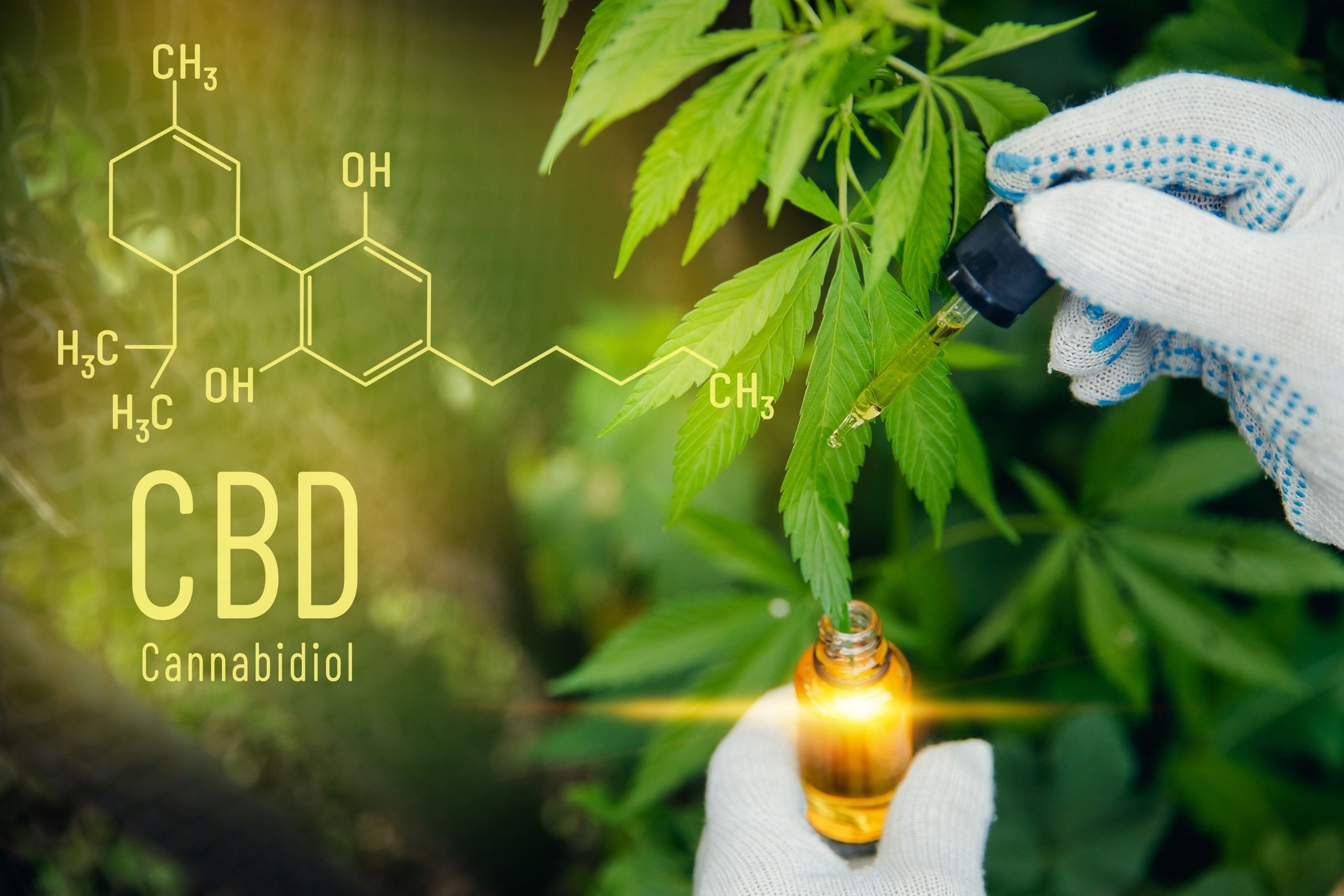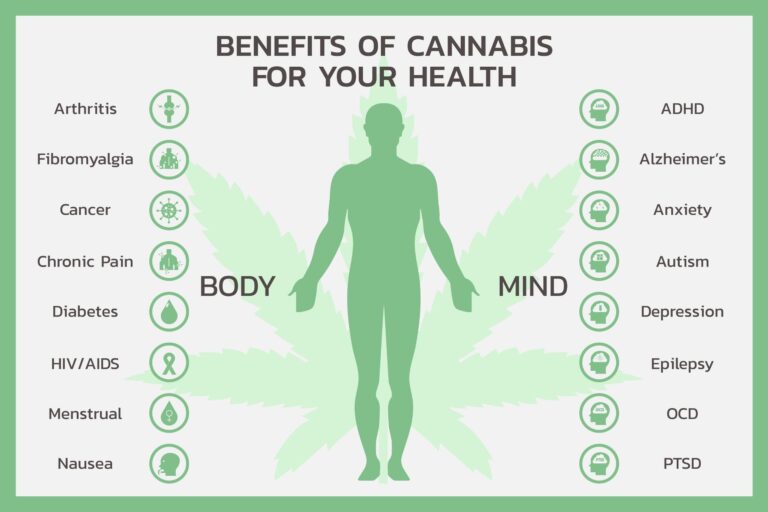The Comprehensive Guide to CBD Cannabis: Benefits, Uses, and More
CBD Cannabis, often referred to simply as CBD, has emerged as a prominent player in the world of health and wellness in recent years. With a growing body of research and numerous anecdotal success stories, CBD is gaining popularity for its potential therapeutic benefits. In this comprehensive guide, we’ll delve into the origins of CBD, its wide-ranging advantages, various applications, and potential side effects, providing you with a thorough understanding of this cannabinoid.
1. Understanding CBD Cannabis
What is CBD?
CBD, or cannabidiol, is a naturally occurring compound found in the cannabis plant. Unlike its counterpart, tetrahydrocannabinol (THC), CBD is non-psychoactive, which means it won’t induce the “high” typically associated with cannabis use.
CBD vs. THC: What Sets Them Apart?
Distinguishing between CBD and THC is essential for anyone considering CBD Cannabis:
CBD (Cannabidiol):
- Non-psychoactive.
- Does not induce a euphoric high.
- Holds promise for a wide range of potential therapeutic applications.
THC (Tetrahydrocannabinol):
- Psychoactive compound.
- Produces the intoxicating effects associated with marijuana.
- May have medicinal properties but with different effects.
Legal Status
The legal status of CBD varies significantly across different regions and countries. For instance, in the United States, the 2018 Farm Bill legalized industrial hemp and its derivatives, including CBD, provided they contain less than 0.3% THC. However, CBD’s legal status varies elsewhere. Understanding the laws surrounding CBD in your area is vital to ensure compliance.
2. Benefits of CBD Cannabis
CBD’s potential therapeutic benefits have garnered considerable attention, with a growing body of research and anecdotal evidence supporting its use in various health-related contexts. Here are some of the primary areas where CBD shows promise:
Pain Management
One of the most widely recognized benefits of CBD is its ability to alleviate pain. CBD interacts with the endocannabinoid system, a complex network of receptors and neurotransmitters that play a crucial role in regulating pain perception. CBD has been studied for its potential to manage:
- Chronic Pain: Conditions like arthritis, fibromyalgia, and back pain can lead to persistent discomfort. CBD may offer a natural alternative to traditional pain management.
- Neuropathic Pain: Neuropathic pain resulting from conditions such as diabetic neuropathy and multiple sclerosis can be challenging to manage. CBD’s analgesic properties may provide relief.
Anxiety and Stress Relief
CBD has been investigated for its potential to reduce anxiety and stress. Research indicates that CBD interacts with serotonin receptors in the brain, which play a central role in mood regulation. Users have reported positive effects of CBD in mitigating:
- Generalized Anxiety Disorder: CBD may help reduce symptoms of excessive worrying and tension.
- Social Anxiety: It might be effective in addressing the fear of social situations.
- Depression: Some studies suggest that CBD has an antidepressant-like effect.
Neurological Disorders
CBD has demonstrated promise in managing various neurological disorders. Its neuroprotective properties make it a focus of ongoing research. Conditions that may benefit from CBD treatment include:
- Epilepsy: CBD is most renowned for its role in reducing seizures in certain forms of epilepsy, such as Dravet syndrome and Lennox-Gastaut syndrome.
- Multiple Sclerosis (MS): CBD may help manage the symptoms of MS, such as muscle spasms, pain, and spasticity.
- Parkinson’s Disease: Some studies suggest that CBD can slow the progression of Parkinson’s disease and improve the quality of life for those with the condition.
Anti-Inflammatory Properties
Chronic inflammation is a common factor in various diseases, including heart disease, diabetes, and cancer. CBD’s anti-inflammatory properties may help in managing conditions like:
- Arthritis: CBD can reduce joint pain and inflammation in individuals with arthritis.
- Inflammatory Bowel Disease (IBD): Patients with Crohn’s disease and ulcerative colitis have reported symptom relief with CBD.
- Skin Conditions: Topical CBD products can help with skin conditions like psoriasis and eczema.
3. Uses of CBD Cannabis
CBD is available in a variety of forms to cater to different preferences and needs. Depending on the desired effect and individual preferences, users can select from various methods of consuming CBD.
CBD Oils
CBD oils are among the most popular and versatile forms of CBD consumption. Typically, they consist of a carrier oil (such as coconut oil or hemp seed oil) infused with CBD. These oils can be taken sublingually (under the tongue) for quick absorption or incorporated into food and beverages.
Edibles
CBD-infused edibles, including gummies, chocolates, and other treats, offer a convenient and palatable way to consume CBD. Edibles usually take longer to produce effects compared to tinctures or vaping since they need to pass through the digestive system.
Topicals
CBD-infused topicals encompass creams, balms, and lotions that are applied directly to the skin. These products are ideal for localized relief and may help with conditions such as muscle soreness, joint pain, and skin irritations.
Vaping and Smoking
Vaping and smoking CBD products provide fast-acting effects. However, it’s essential to note that these methods may carry potential risks, especially if low-quality CBD products or devices are used. Additionally, inhaling any substance into the lungs may have health implications, so this method should be approached with caution.
4. Choosing the Right CBD Product
Selecting the appropriate CBD product and determining the right dosage are vital steps when considering the use of CBD. Here are some key considerations:
Full-Spectrum vs. Isolate
CBD products come in two primary forms: full-spectrum and isolate.
Full-Spectrum CBD:
- Contains a variety of cannabinoids and terpenes in addition to CBD.
- May offer enhanced therapeutic effects due to the entourage effect, where various compounds work together synergistically.
- Can contain trace amounts of THC (usually less than 0.3%).
CBD Isolate:
- Contains pure CBD, with no other cannabinoids or terpenes.
- Suitable for individuals who wish to avoid any THC content.
- May still provide therapeutic benefits, although some argue it might not be as effective as full-spectrum products.
Dosage
Determining the correct dosage of CBD can be challenging, as it varies from person to person. Factors like body weight, metabolism, the condition being treated, and the product’s concentration all play a role. It’s advisable to start with a low dose and gradually increase it until the desired effect is achieved. Consulting with a healthcare professional experienced in CBD use can be especially helpful.
Quality and Purity
The quality of CBD products can vary significantly between brands. To ensure you’re getting a safe and effective product, consider the following:
- Third-Party Testing: Reputable companies have their products tested by independent laboratories. This ensures transparency regarding the product’s contents and quality.
- Ingredients: Check the product’s ingredient list for any additives, preservatives, or potential allergens.
- Customer Reviews: Research the reputation of the brand and read customer reviews to gain



